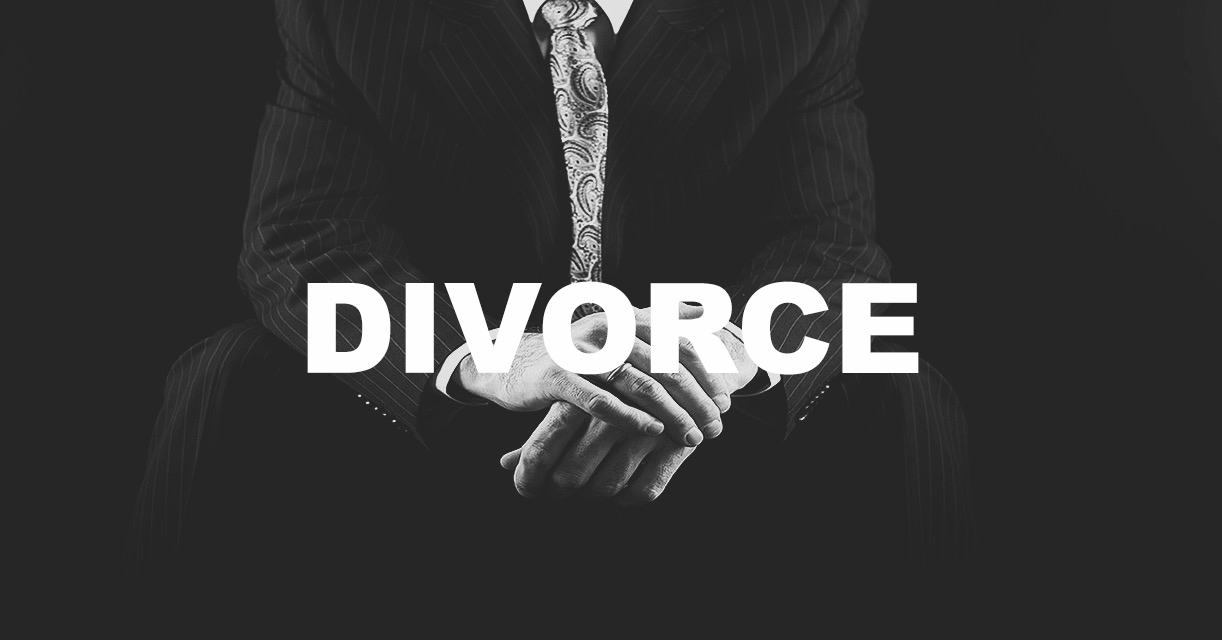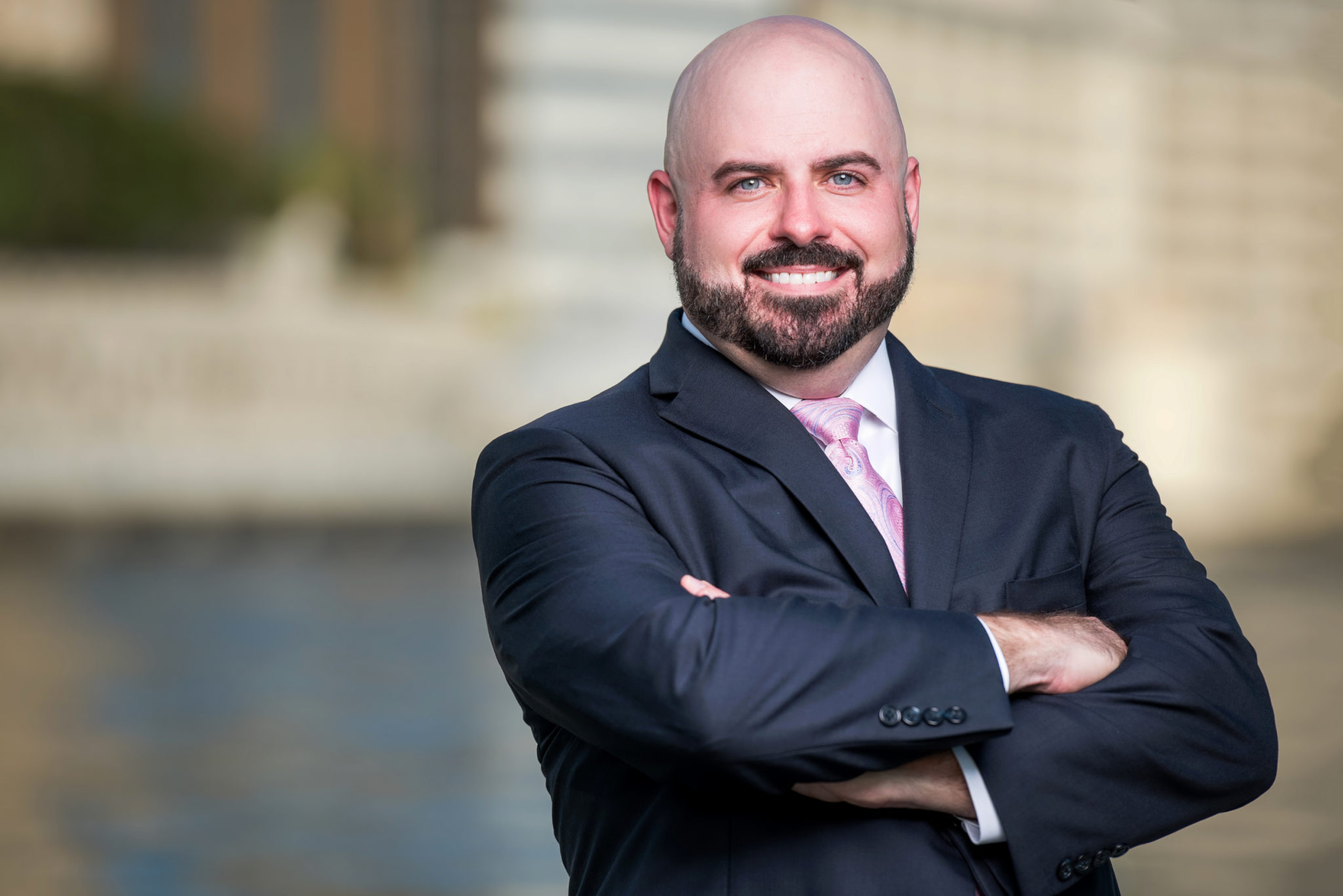
Yes, A Lawyer can Withdraw from your Case.
When you first retain a lawyer’s services, you may be under the impression that your lawyer will be with you until your legal matters are resolved. Can your lawyer withdraw from your case? Typically, yes. A lawyer can be fired by the client and can also withdraw from the case under certain circumstances.
In fact, sometimes a lawyer’s withdrawal from the case may even be required. Here is a closer look at when a lawyer is permitted to withdraw from your case.
Voluntary Lawyer Withdrawal
Certain circumstances may arise during a case that give a lawyer the ability to withdraw. When the circumstances are such that withdrawal is not legally required, however, the withdrawal is said to be voluntary.
Some circumstances that may arise mid-case that give a lawyer the right to withdraw include:
- A client refuses the lawyer’s advice
- The client is behaving fraudulently
- The client violated the agreed upon fee agreement or is outright refusing to pay the lawyer for services provided
- The lawyer-client relationship has deteriorated to a point that the lawyer can no longer represent the client effectively
It is key to note that, while none of these circumstances are conducive to a healthy lawyer-client relationship, it is still the lawyer’s choice whether to withdraw from the case or continue representing the client.
Some circumstances dictate that the lawyer is required to withdraw.
Mandatory Lawyer Withdrawal
If a lawyer is no longer competent to continue representing the client, that alone constitutes a reason for mandatory withdrawal. If the lawyer becomes an important witness needed to resolve an issue in your case, that too can require the lawyer to withdraw.
Perhaps the most common reason for a required withdrawal is that the lawyer representing the client has a conflict of interest that would violate the rules of professional conduct if representation continued. Lawyers owe a client undivided loyalty, as a general principle, and when it becomes clear that a lawyer cannot do so based on a conflict on interests, then a mandatory withdrawal is required.
If the client is using legal counsel to further criminal activity or insists on taking a legally frivolous position, the lawyer is also required to withdraw. Finally, and most importantly, a client terminating the lawyer’s services requires the lawyer to withdraw as well.
A lawyer-client relationship is based on a contract, meaning the lawyer has no ownership rights over your case. You are the boss, essentially, and you can fire the lawyer if you are unhappy with the legal services you are receiving for a wide range of reasons, including:
- The lawyer communicates poorly or takes too long to return calls/provide case updates
- The lawyer was disciplined by the Florida bar
- You have doubts regarding the lawyer’s legal competence
- You feel the lawyer lacks care and/or compassion
These are just a few of the many reasons why you may feel it is in the best interests of your case to fire the lawyer. Do understand, however, that Florida law requires you to pay the lawyer for their legal fees and costs up to the point the lawyer was fired.
The Florida case of Searcy, Denney, Scarola v. Poletz (1995) made clear that courts must look at all the circumstances of the case and the firing before deciding the fees a lawyer is owed and how the fees should be split. The exception to this rule is if the lawyer is fired for “cause”, which could occur if the lawyer did no work on the case or if the lawyer has no jurisdiction to help you with your case (this can occur if you need a Florida family lawyer and the lawyer is not licensed to practice in Florida).
In summary, the lawyer-client relationship is a two-way street. You can fire your lawyer for a wide range of reasons, and there will be some circumstances that may warrant or even require the lawyer to withdraw as well.
If you are looking for a new family lawyer after a lawyer withdrew from your case, contact The McKinney Law Group for a legal consultation.

Divorce Lawyer Tampa
If you have questions regarding Tampa family law, or are unaware as to the terms and conditions in, talk to, and retain, a family law attorney who can help. Contact Damien McKinney of The McKinney Law Group to discuss your case further. He can be reached by phone at 813-428-3400 or by e-mail at [email protected]
